DIABETOLOGY
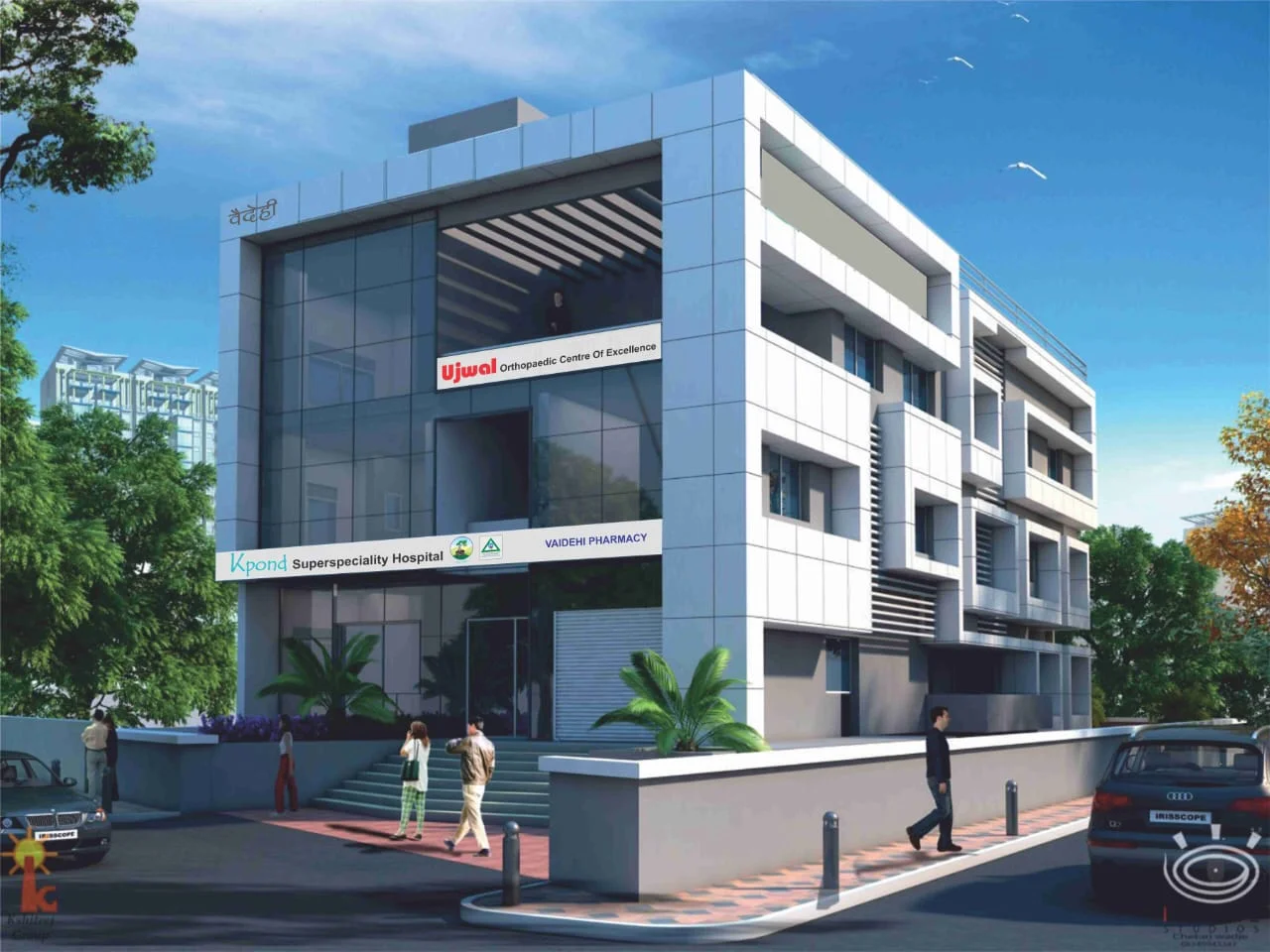
At Kpond Superspeciality Hospital,
our Diabetology Department is dedicated to providing expert care for individuals managing diabetes and related conditions. Our team of experienced diabetologists and healthcare professionals offers comprehensive diagnostic, therapeutic, and management services to ensure optimal control of diabetes and improve the quality of life for our patients. Using the latest medical advancements and a patient-centred approach, we tailor treatments to meet individual needs, helping patients achieve and maintain their health goals.
Our Doctor
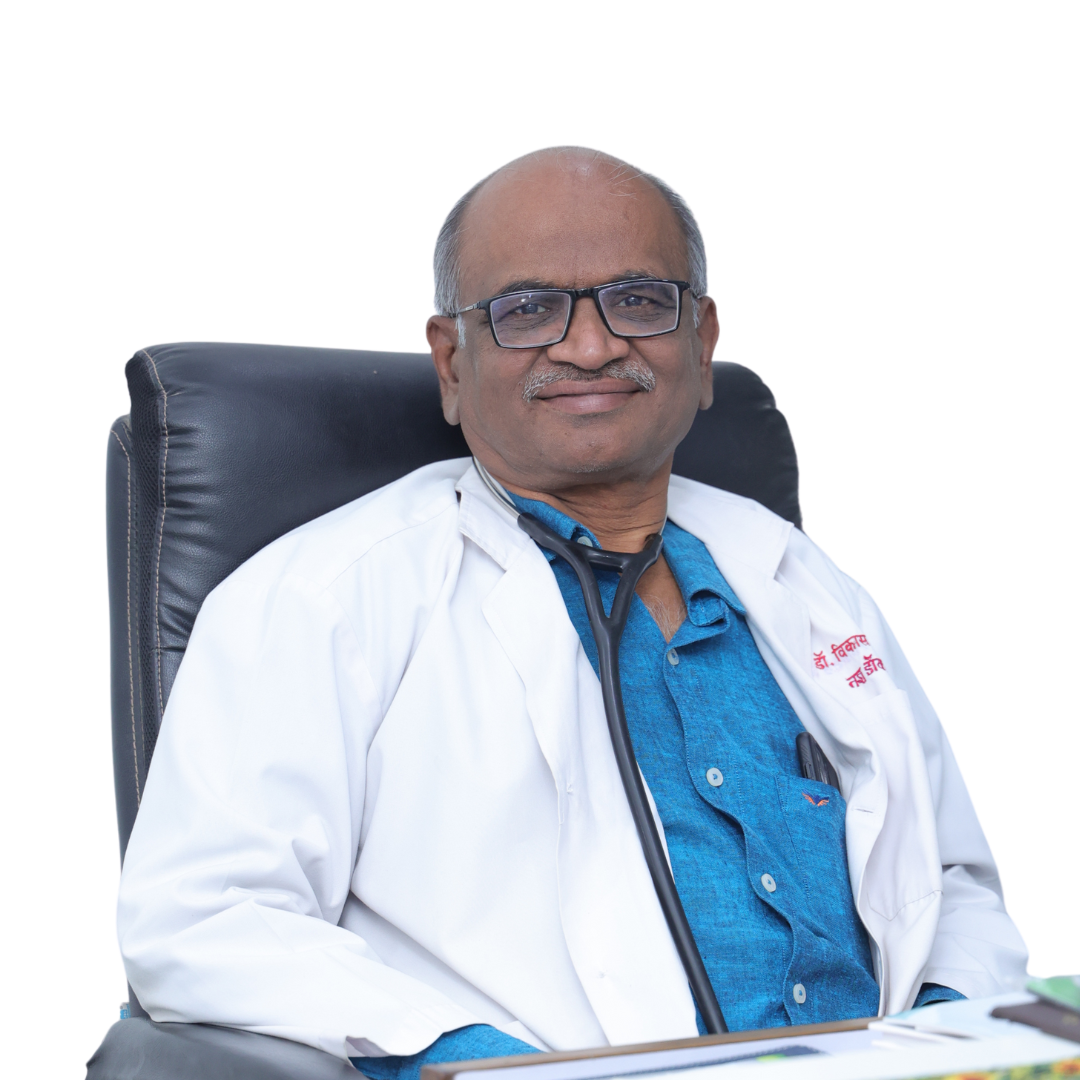
Dr. Vikas Ratnaparkhe
Senior Physician and Diabetologist
Dr. Vikas Ratnaparkhe is a highly respected senior physician and diabetologist with a deep commitment to managing and improving the health of patients with diabetes. With extensive experience in both general medicine and diabetology, Dr. Ratnaparkhe has developed a comprehensive understanding of the complexities of diabetes care. He is dedicated to providing personalised treatment plans that focus on preventing complications, managing blood sugar levels, and promoting overall well-being.
Dr. Ratnaparkhe is known for his patient-centred approach, combining medical expertise with compassionate care to support his patients on their journey to better health. His contributions to the field of diabetology are reflected in his ongoing commitment to patient education and his role in advancing diabetes management strategies.

Our Treatments

Type 1 Diabetes
- Manage and monitor diabetes
- Insulin therapy and education
- Continuous glucose monitoring (CGM)
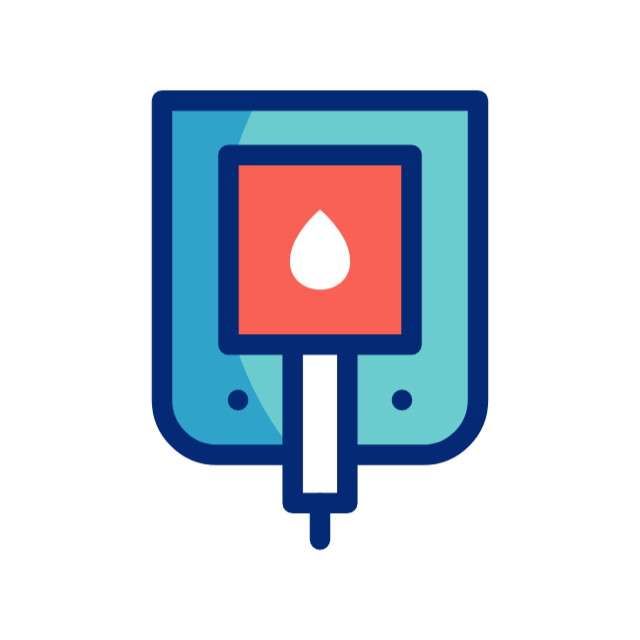
Type 2 Diabetes
- Lifestyle changes and medications
- Oral hypoglycemics and insulin
- Regular blood sugar checks

Gestational Diabetes
- Screen and diagnose during pregnancy
- Nutritional counselling and monitoring
- Postpartum follow-up

Diabetes Complications
- Manage neuropathy, nephropathy, and retinopathy
- Foot care and prevent ulcers
- Reduce cardiovascular risk
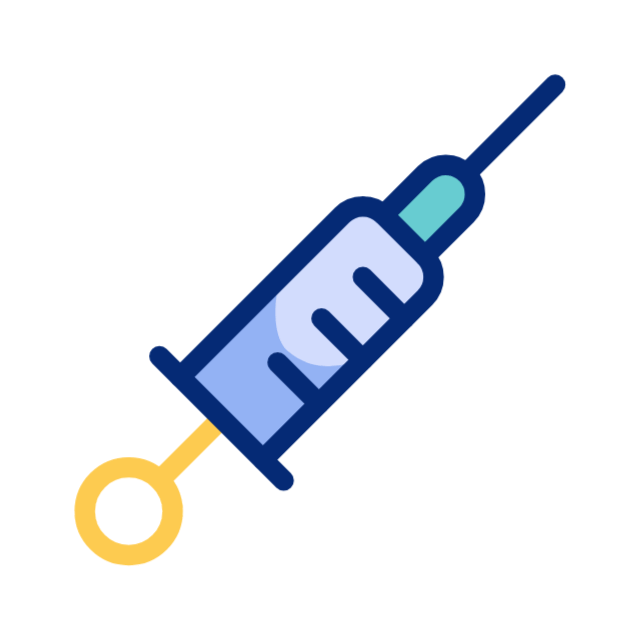
Insulin Pump Therapy
- Start and adjust insulin pumps
- Integrate with CGM
- Regular follow-ups

Nutritional Counselling
- Personalised diet plans
- Carb counting and meal planning
- Weight management and exercise tips

Diabetes Education
- Educate on diabetes management
- Train on self-monitoring of blood glucose (SMBG)
- Lifestyle impact

Hypoglycemia Management
- Treat low blood sugar
- Prevention and emergency planning
- Glucagon training
Our Team

Dr. Varsha Vaidya
Paediatric Neurologists

Dr. Shraddha Chandak
Paediatric Haemato-Oncologist

Dr. Prarthana Shah Deshpande
Maternal-Fetal Medicine

Dr. Viranchi Vaidya
Paediatric Orthopedic surgeon
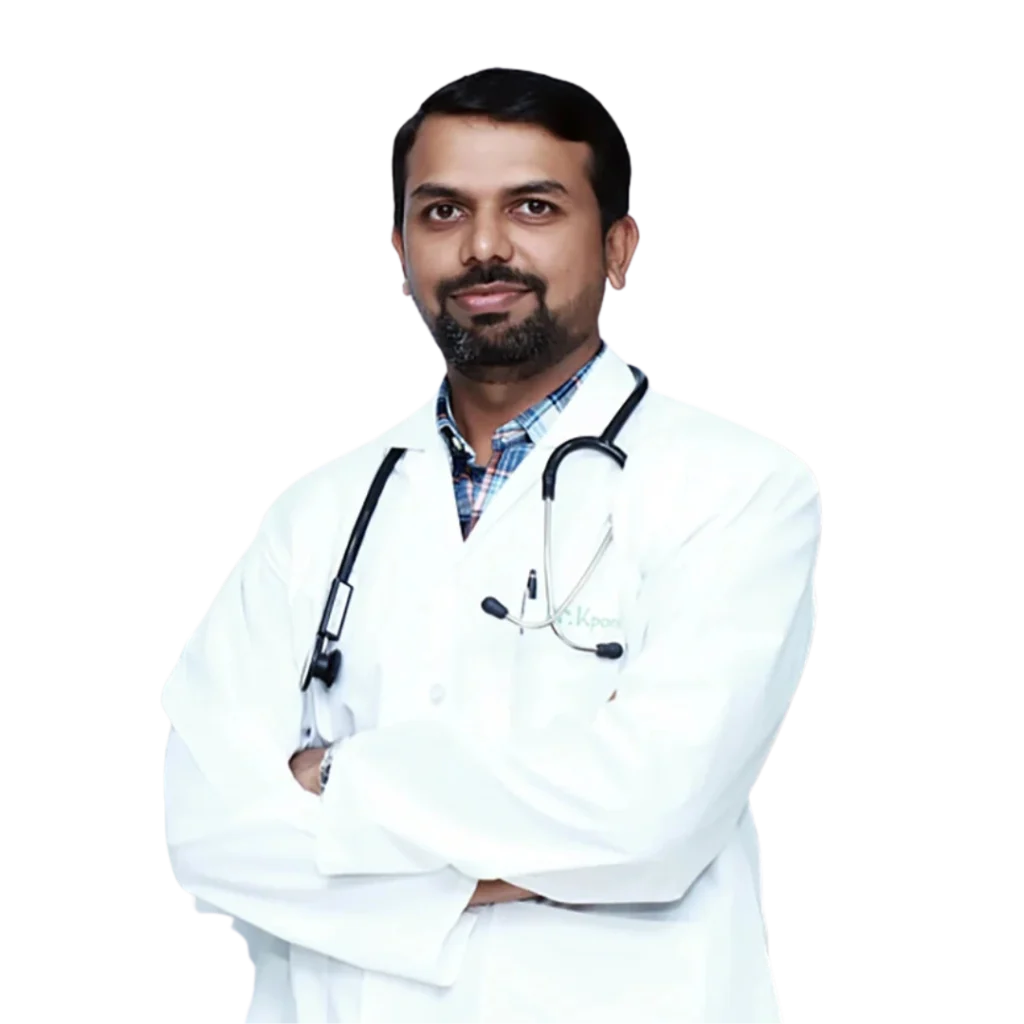
Dr. Vishal Chandak
Paediatric Orthopedic surgeon

Dr. Shivraj Chilwant
Paediatric Anaesthesiologist

Dr. Prasad Deshpande
Paediatric Anaesthesiologist

Dr. Renuka Marawar
Paediatric Neurologists

Dr. Priyanka Mittal
Paediatric Neurologists

Dr. Atish Laddha
Consultant Paediatrician
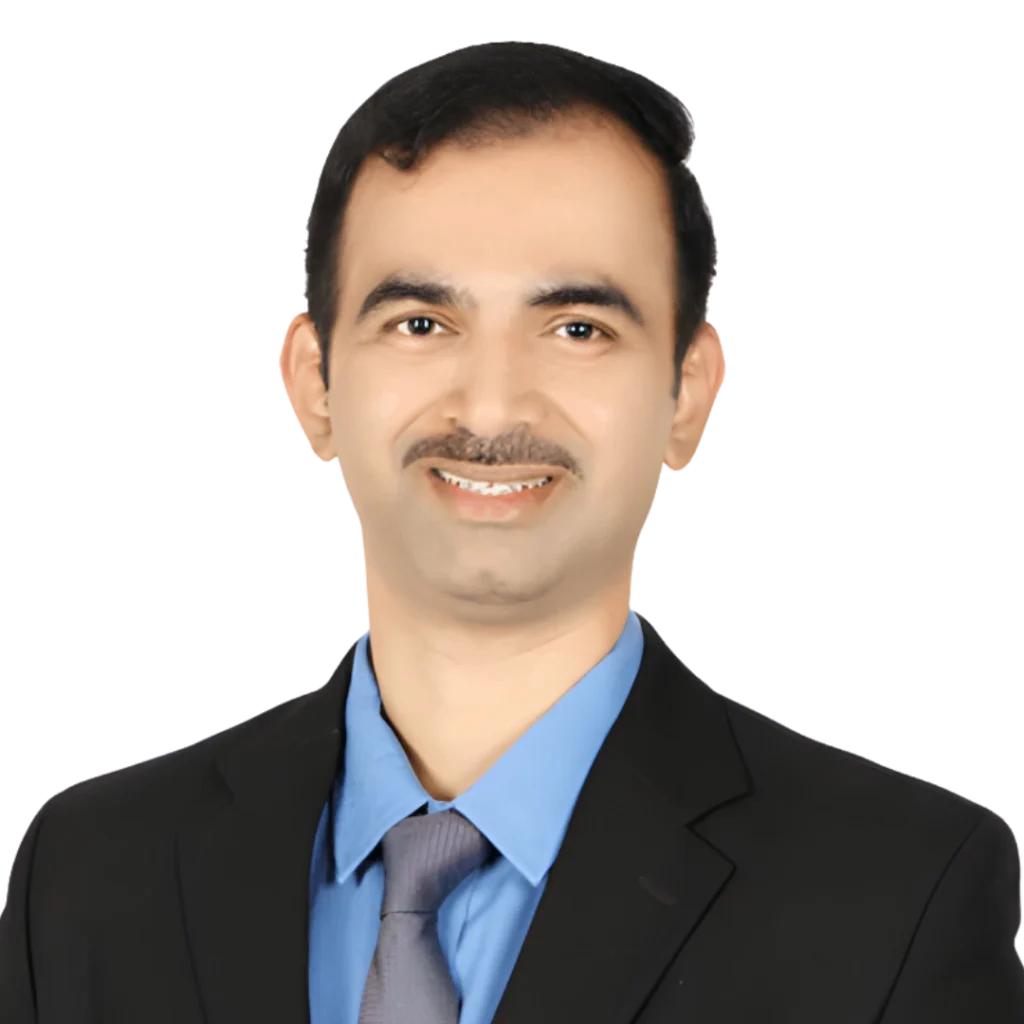
Dr. Pankaj Bhansali
Consultant Paediatric Nephrologist

Dr. Monali Nawal
Rehab Specialists

Dr. Pooja Patel
Rehab Specialists
FAQs
A diabetologist specialises in the management and treatment of diabetes, including medication management, lifestyle advice, and monitoring for complications.
Type 1 diabetes is an autoimmune condition where the body does not produce insulin, while Type 2 diabetes involves insulin resistance and is often related to lifestyle factors.
Symptoms include frequent urination, excessive thirst, unexplained weight loss, fatigue, and blurred vision.
Monitoring frequency depends on individual treatment plans but often includes regular checks throughout the day, especially for those on insulin therapy.
Treat hypoglycaemia promptly with fast-acting carbohydrates, such as glucose tablets or juice, and seek medical advice if symptoms persist.
While Type 1 diabetes cannot be prevented, Type 2 diabetes can often be delayed or prevented through healthy lifestyle choices and weight management.
Uncontrolled diabetes can lead to serious complications such as heart disease, kidney failure, neuropathy, and vision loss.
Diabetes education provides essential knowledge and skills for effective self-management, improving control of blood glucose levels and reducing complications.
Recommended changes include adopting a balanced diet, increasing physical activity, managing stress, and adhering to medication regimens.
Frequency of visits depends on individual health needs and treatment plans, with regular check-ups recommended to monitor and adjust management strategies.
DISCLAIMER
*This website is for providing general information only and should not be considered as medical advice or soliciting patients.
**An in-person consultation with the Doctor is adviced before practicing any remedies / recommendations mentioned on this website.

